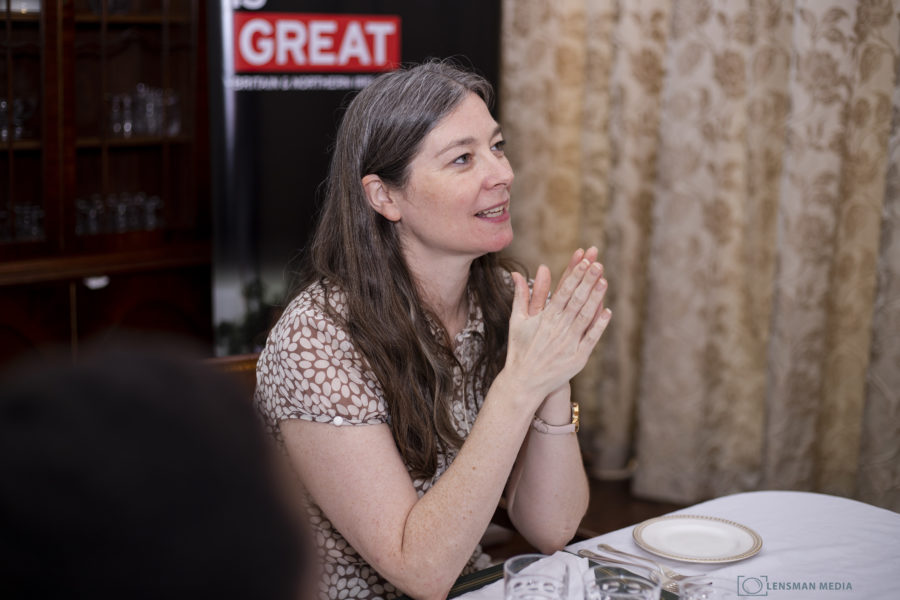3rd May 2019 Gaborone, Botswana
Defending Media Freedom

On 2 May, the UK’s Foreign Secretary, Jeremy Hunt, addressed the UNESCO World Press Freedom Day celebrations, hosted by the African Union in Addis Ababa. He noted that, in a world where, in 2018 alone, 99 journalists were killed, some of the brightest spots of hope on press freedom were in Africa.
The latest World Press Freedom Index has seen Botswana rise four places from 48 to 44 (out of 180). Much of this progress is attributed to greater engagement from the Government of Botswana with the media across various platforms. Media freedom is a critical component of a modern functioning democracy. One of the key roles of the media is to interrogate leaders and hold them to account. It is interesting to note the clear link between media freedom, transparency and corruption. Seven of the top ten cleanest nations in the world, as ranked by Transparency International, are also in the top 10 countries in the world for Press Freedom.
As the Foreign Secretary noted in his speech, media freedom is a force for progress from which everyone benefits. A flourishing media should be seen as part of the broader progress of a nation. As Botswana heads towards elections later this year, it is thus important to have an open and vibrant media landscape to address issues of democracy and governance.
Earlier this year, to celebrate International Women’s Day, I held an insightful lunch with amazing Botswana women journalists who debated the theme of #BalanceForBetter in the media. There was a common theme about gender disparity in the newsroom, and encouraging women to be confident in sinking their teeth in more prominent topics in the newsroom. Leading political voice,
Keikantse Shumba, shared her part in breaking the glass ceiling and establishing an all women popular online platform, The Argus Online.
Why does this matter? Because the broader the diversity in media, politics and public life, the better the policy, legislation and economy we create. When everyone is able to exchange ideas freely, a society benefits from the originality and creativity of the entire population.
Earlier this year, the UK launched an international campaign to highlight media freedom, increasing the costs to those who violate freedoms and rights of journalists, improving the safety of journalists around the world and giving those in the media an opportunity to affect policy change. In July 2019 the Foreign Secretary will host in London the first Ministerial Summit on Media Freedom.
So this World Press Freedom Day, let us all celebrate the work of journalists around the world and commit to continuing to shine a light on best practice and worst violations to create a safer environment for all. Because without media freedom, we are all in the dark.